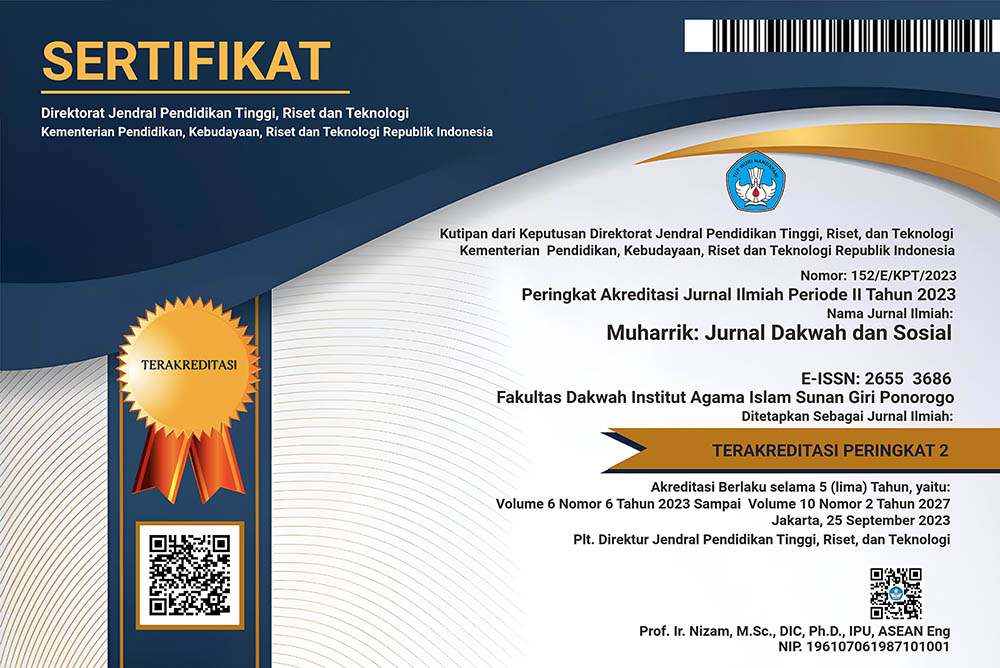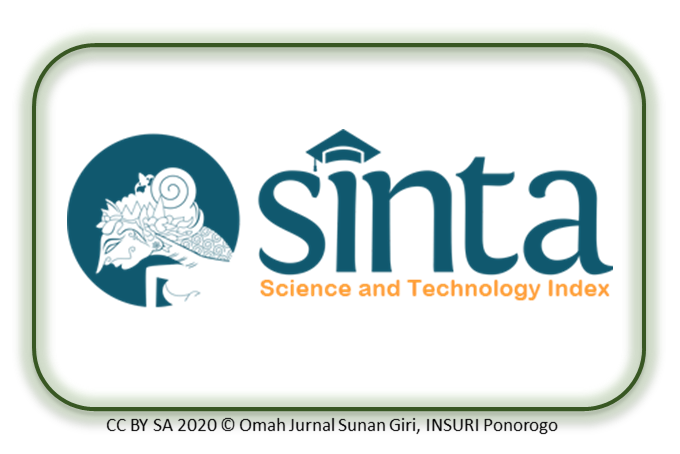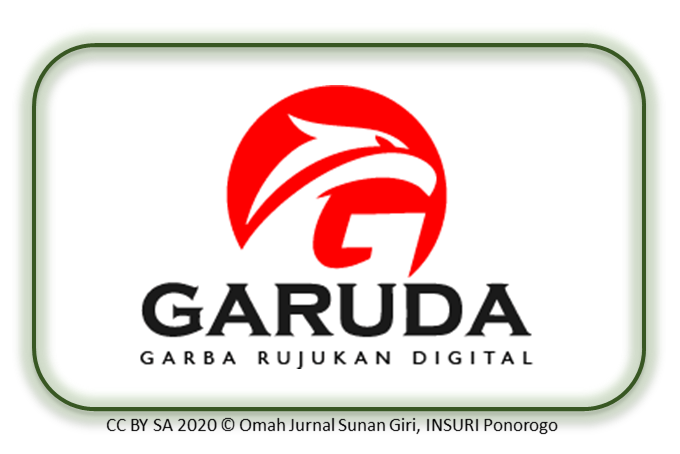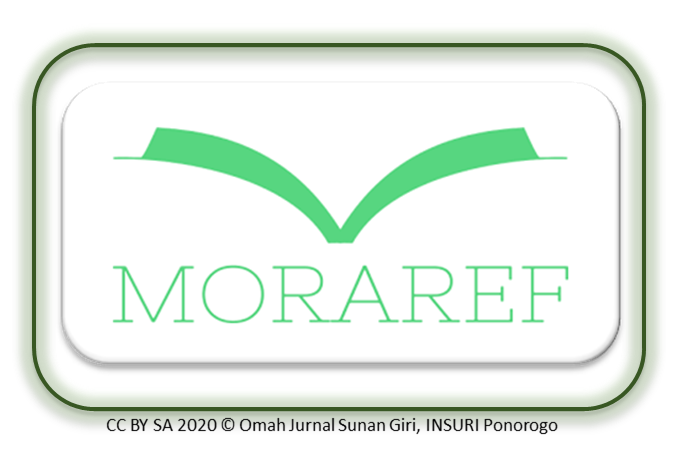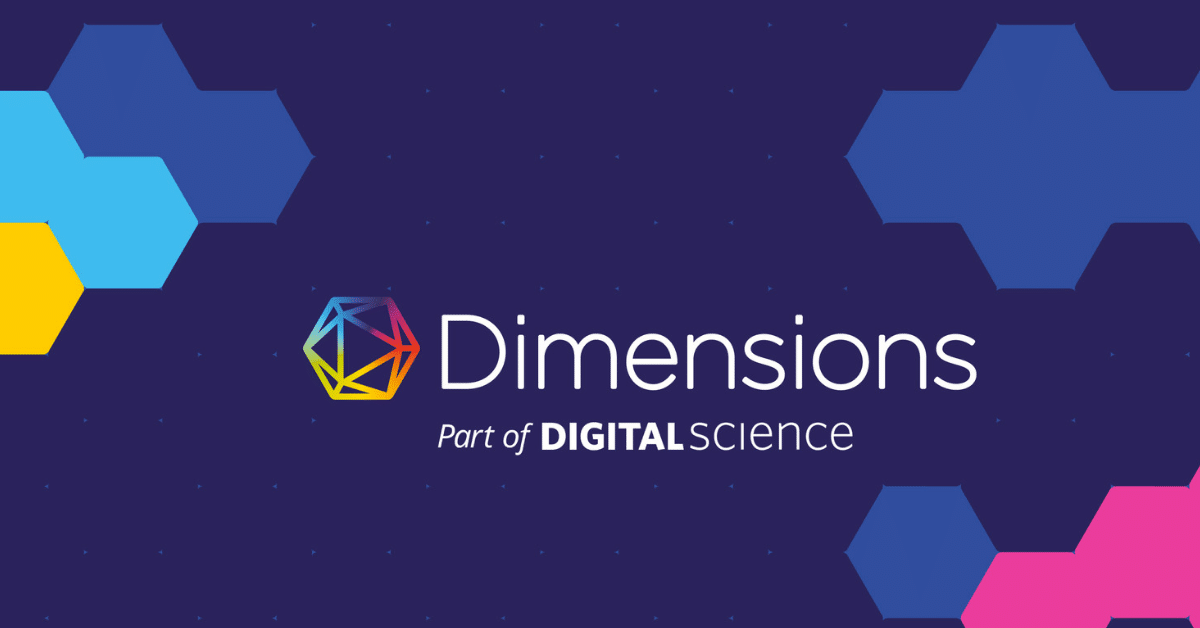Pancasila Internalization Model in Overcoming Radicalism Within the Bureaucracy
Keywords:
Bureaucracy, Pancasila, Reformasi, Bureaucrats, History, P4, RadicalismAbstract
Pancasila holds a pivotal role in the establishment of the Republic of Indonesia, but its maintenance has faced challenges through historical events like the G30S/PKI incident and the TII DI event. These instances serve as benchmarks illustrating the potential changes that could occur if Pancasila's significance is not upheld by society. In the modern era, recurrent radicalism poses a threat to Indonesia's unity. This study aims to propose an internalization model for Pancasila values that garners acceptance across all societal segments, fostering adherence to these values. Employing a qualitative descriptive approach through literature review, including various journals, and utilizing relevant applications and websites, the study underscores that radicalism often contradicts Pancasila principles and human rights, encompassing terrorism and ideological extremism. Effective countermeasures necessitate collaborative endeavors involving governmental bodies, citizens, and institutions. Recognizing the need for bureaucratic reform, the study suggests the integration of Pancasila values to align ethical conduct with national principles. The P4 Pancasila program demonstrates intricate bureaucratic dynamics, highlighting the equilibrium between authority and unintended outcomes. The study identifies the inculcation of Pancasila values from a young age as instrumental in nurturing a generation dedicated to national ideals, proficient in mitigating radicalism, and advancing ethical governance.
Downloads
Published
Issue
Section
License
The author(s) retain/s the copyright and grant/s Muharrik: Jurnal Dakwah dan Sosial the first publication rights licensed under the Creative Commons Attribution-NonCommercial 4.0 International (CC BY-NC 4.0) , which allows others to access (search, read, download and quote), share (copy and redistribute the material in any media or format) and adapt (mix, modify and develop) works for legitimate non-commercial purposes, with recognition of the authorship of the work and its initial publication in this journal.


